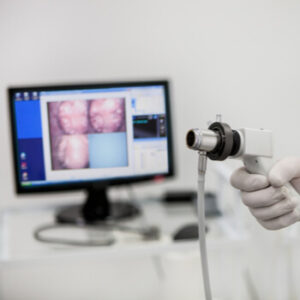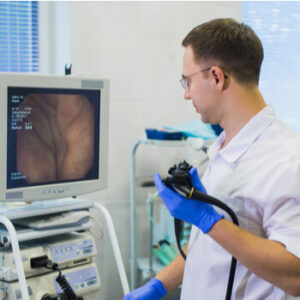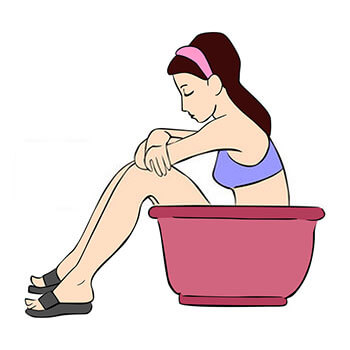Frequently Asked Questions
The medical coordinator, on day 1 or during the first interaction tries to understand the patient’s problem and guides him/ her with the best treatment options. The medical coordinator will assist you in getting your OPD scheduled and will help you connect with the best doctor according to your needs.
No, Hospi Home does not attend to any kind of emergency surgeries or treatments. Hospi Home only provides elective surgical care, i.e; surgeries that are scheduled in advance because it does not involve a medical emergency.
No, Hospi Home does not own any hospital. Hospi Home works in association with other hospitals. Hospi Home doctors/ surgeons perform the surgeries leveraging the medical infrastructure of the associated hospitals.
Yes, Hospi Home offers online doctor consultations. With online consultation in place, patients can now consult a doctor based on their specialization from anywhere, anytime as per the available slots. Our patients can opt to talk to our doctors via call or online chat to discuss their health issues. Our doctors thoroughly understand the patient’s issue and provide them with the necessary medications and tests.
Hospi Home is not an insurance regulatory. Your insurance coverage depends on the health insurance type (personal, corporate) and the terms and conditions set by your insurance provider. Our insurance team only helps you get the maximum benefits of your policy.












